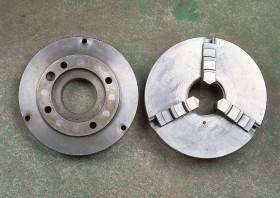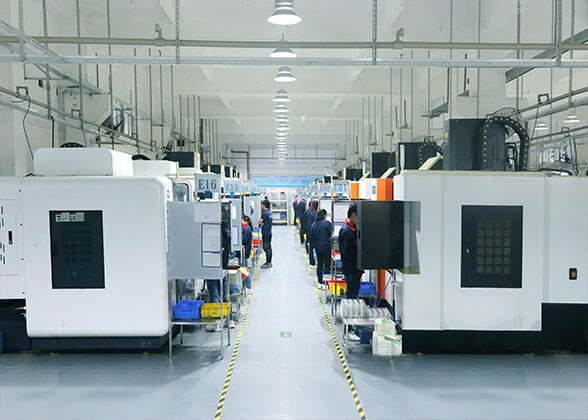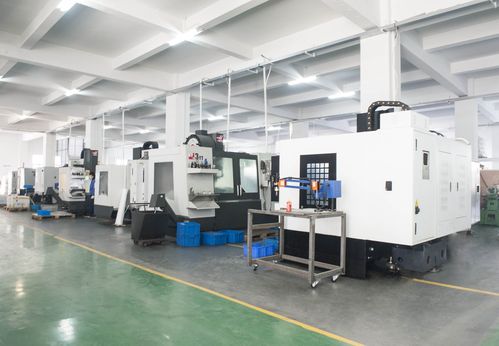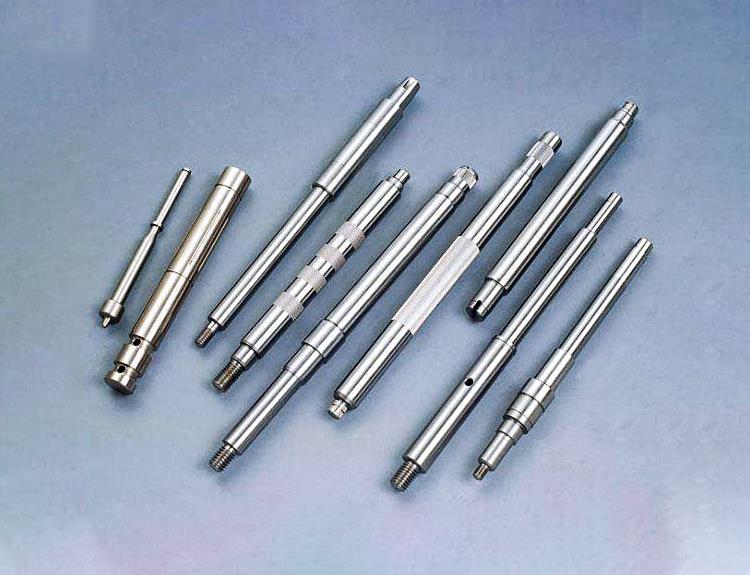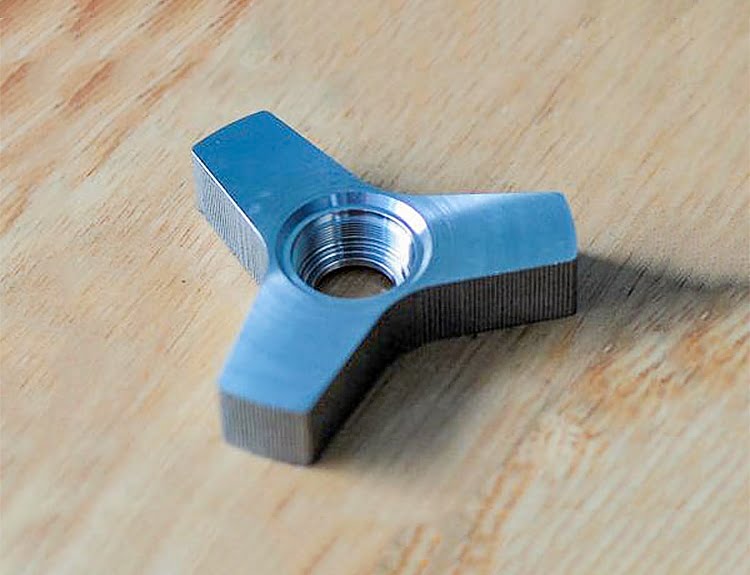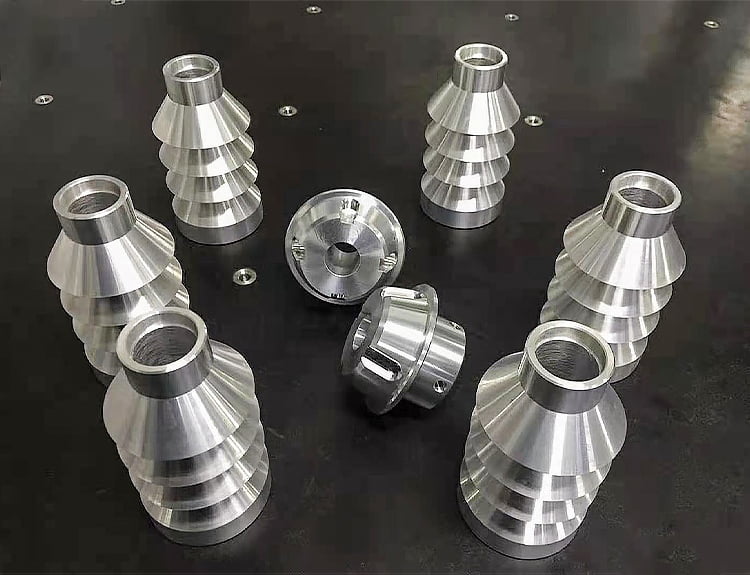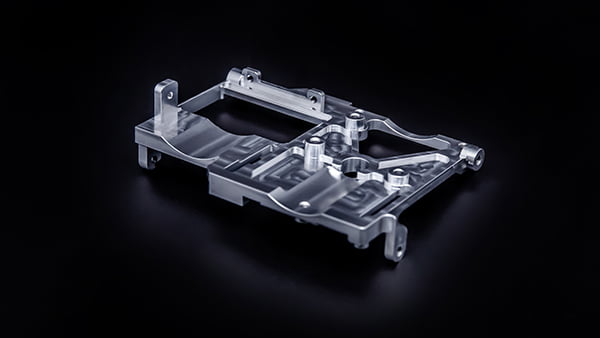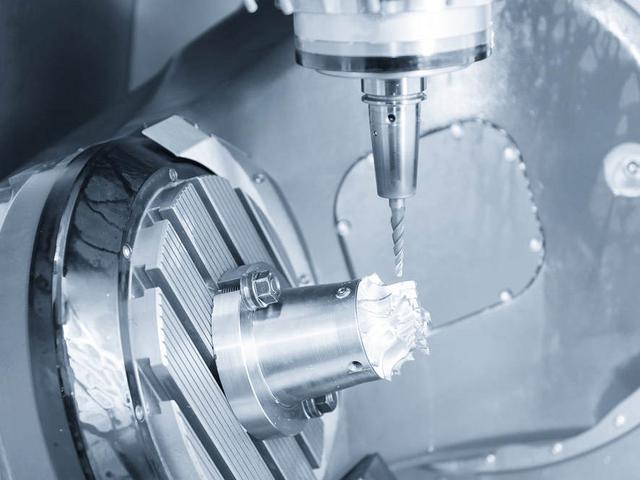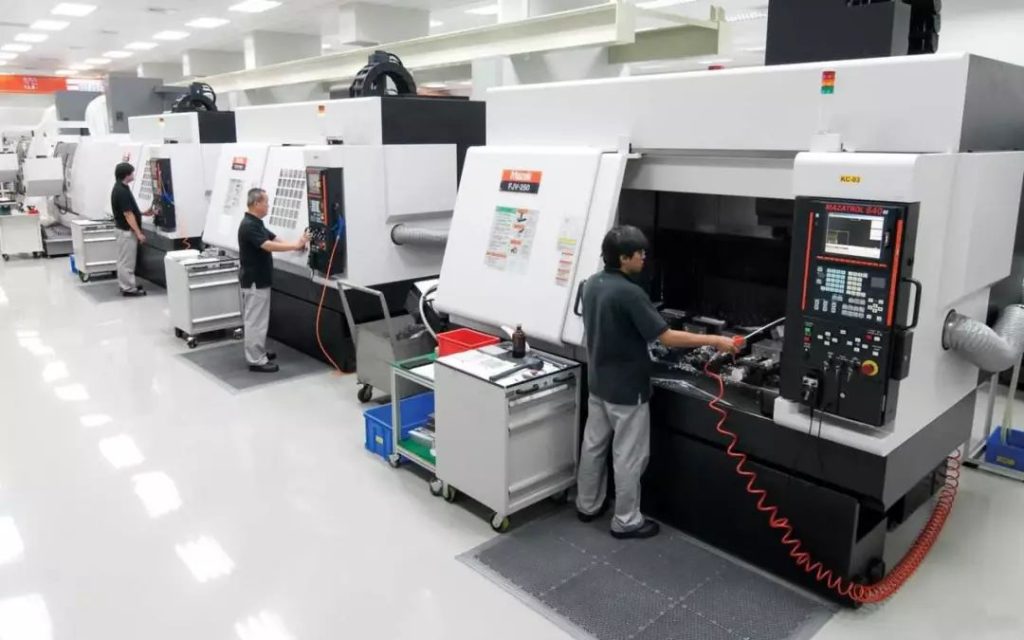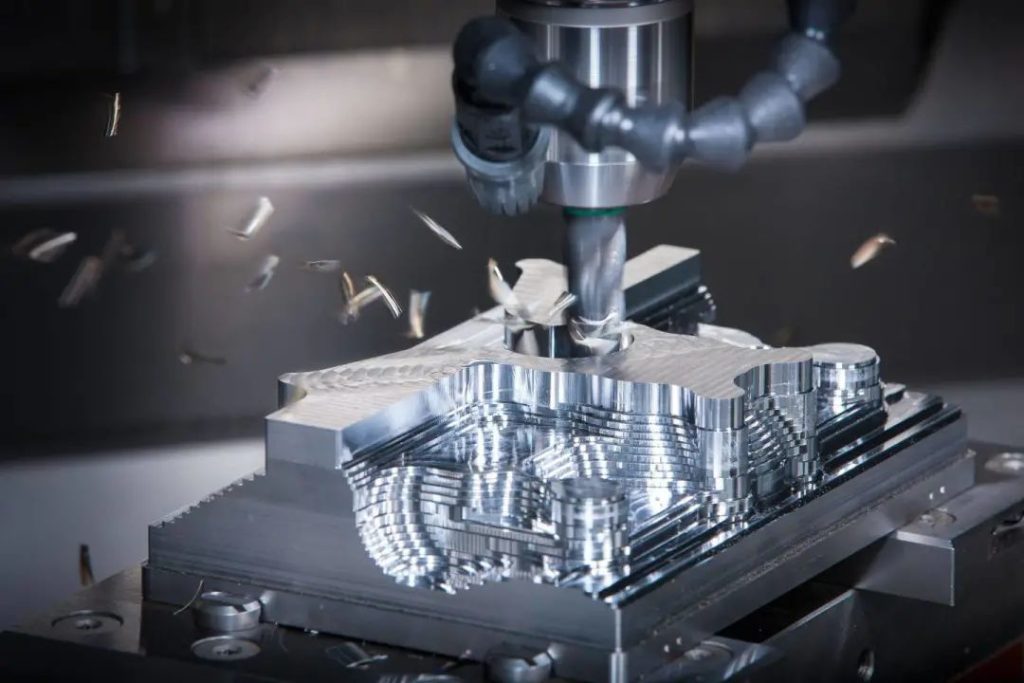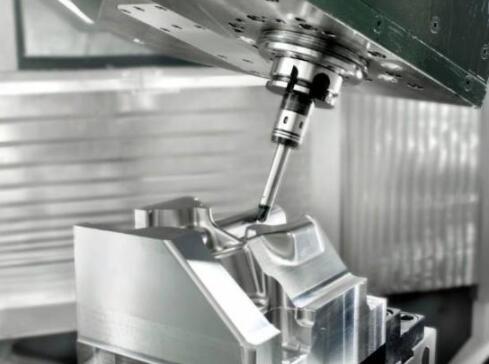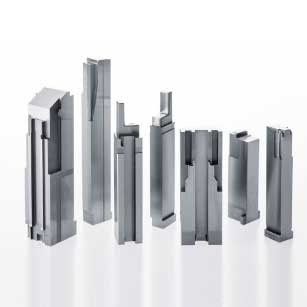Precision automotive industry is a means to change the shape, nature and size of the processed object according to the needs of automobile manufacturing enterprises by using special technology.
The machining process needs to meet the processing parts, machinery manufacturing equipment, processing standards and parts precision and many other requirements, of which the higher the precision of the size and shape of the parts, the higher the degree of matching between the parts in the automobile manufacturing.
At present, Precision automotive industry processing accuracy issues are of great concern, not least because of low precision leads to a large number of vehicles after the use of quality problems.
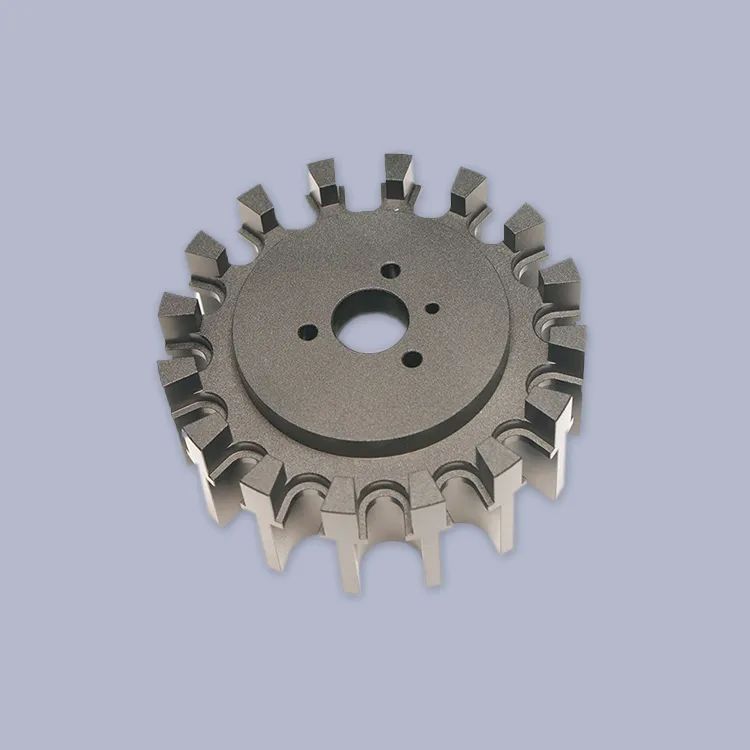
The standardization of processing accuracy requires the improvement of process technology and optimization of process flow, in addition to the need to consider the impact of many factors on the accuracy of the personnel, equipment operation, processing product settings, etc. during the processing of parts.
Auto parts are a kind of Precision automotive industry in the market, which is produced by mechanical processing, and its own shape, size and other information to show the characteristics, and only to meet the standard requirements of automobile manufacturing to produce economic and use value.
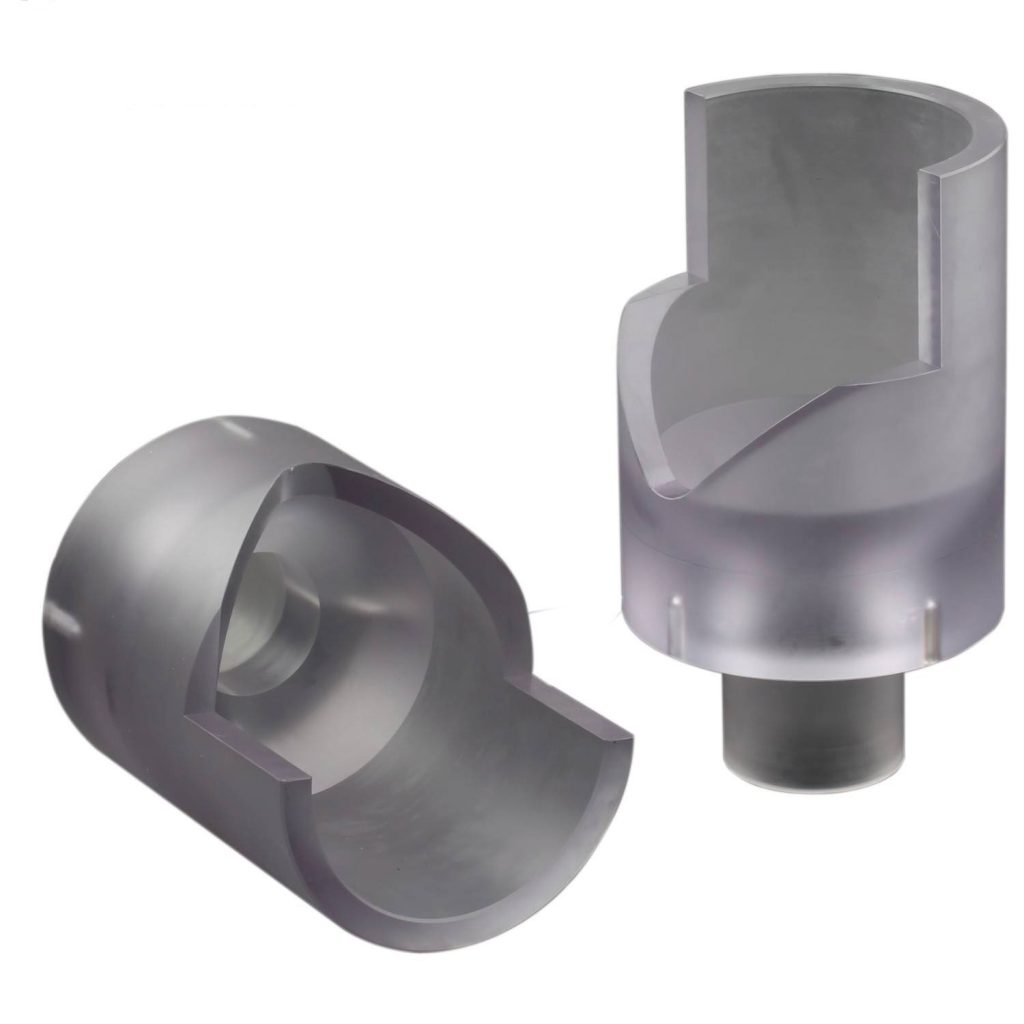
Mechanical processing technology and the accuracy of automotive parts are closely related to each other, processing technology to determine the accuracy of automotive parts, only in accordance with the accuracy requirements of accurate processing to successfully produce valuable automotive parts.
At the same time, the precision of the parts continue to adjust, the level of processing technology requirements are also rising, the two in this relationship with each other.
Machining process in the automotive parts processing and the application of the process is very complex, from the pre-processing to the late processing are the key stage of precision control, it is easy to appear all kinds of unexpected problems, affecting the final processing effect of parts.
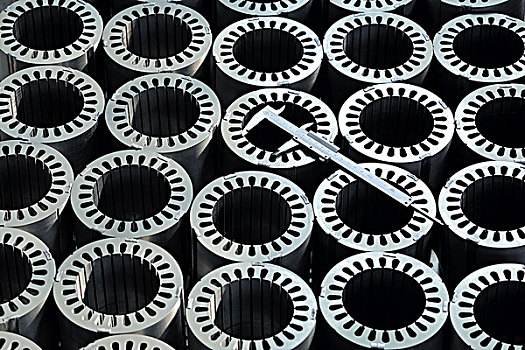
According to the specific content of the process can be divided into early production links and post-processing links, the goal of both raw materials or semi-finished products are processed into finished machinery, to achieve processing quality standards.
The formation of a completion system as the basis for implementation is not only conducive to precision control, but also makes the production organization and production process more rigorous, improving processing efficiency and enhancing the competitiveness of processing enterprises.

